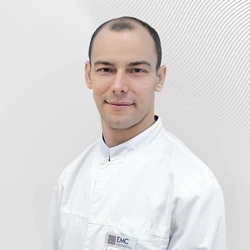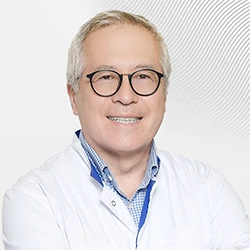The vast majority of patients who seek advice from a proctologist complain of manifestations of acute or chronic hemorrhoids - this disease ranks first among diseases of the rectum and colon in the adult population. However, official morbidity statistics are far from real, because traditionally, as well as with colds, people suffering from hemorrhoids prefer to self-medicate using "proven remedies" and their old recipes, without contacting a specialist.
Thus, according to open sources, in the United States, about 4% of the population with clinically pronounced forms of hemorrhoids seek medical help, while screening studies reveal various stages of hemorrhoids in 38-60% of cases.
In Russia, the referral rate is about 2%. These are mainly residents of large cities, as their risk of developing hemorrhoids is much higher (their diet and sedentary lifestyle negatively affect them), and the opportunity to receive qualified help is greater. Coloproctologists all over the world are unanimous in the opinion that most cases of chronic hemorrhoids could be successfully cured at an early stage by therapeutic methods — diet, hygiene procedures and, in some cases, medications in the form of suppositories and ointments. However, the majority of patients complain, which are typical for stage 2-3, with pronounced clinical manifestations when self-medication does not help, and the disease causes significant suffering.
As practice shows, the so—called minimally invasive methods widely used by proctologists in recent years (for example, sclerotherapy, as well as ligation with latex rings, the most common outpatient method of treating hemorrhoids) lead to a large number of relapses in 30-70% of patients after 1-1.5 years, which forms a generalized opinion about the ineffectiveness of hemorrhoid treatment in general. However, the problem is different: most of these techniques do not eliminate the causes of hemorrhoids.
The doctors of the EMC Coloproctology department practice a differentiated approach to the choice of treatment tactics for each patient, using their vast personal experience and technical equipment of the Clinic. Depending on the stage of the disease and the patient's complaints, the doctor chooses the most appropriate method of treating hemorrhoids, while surgical intervention is a last resort when the possibilities of conservative treatment are exhausted.
In the surgical treatment of hemorrhoids in the hospital of the European Medical Center, coloproctologists most often use hemorrhoidectomy using an ultrasound harmonic scalpel and a bipolar LigaSure coagulator. The use of these instruments ensures reliable coagulation and virtually bloodless removal of hemorrhoids without the use of suture material, which reduces the time of surgery and the recovery time of the patient. In our experience, recurrence occurs in no more than 5% of patients.
EMC doctors recommend that at the first sign of hemorrhoids, do not postpone a visit to a coloproctologist and maximize the possibilities of conservative (local and drug) therapy. It is also necessary to consult a doctor if blood is found in the stool, pain, itching and a feeling of a foreign body in the anus - similar symptoms are observed in more serious proctological, including oncological diseases.
Was this information helpful?
Questions and answers
Ask a Question
.webp)





.webp)
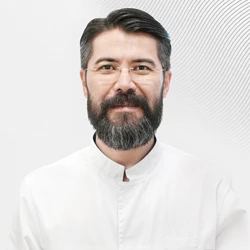
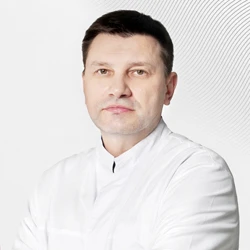
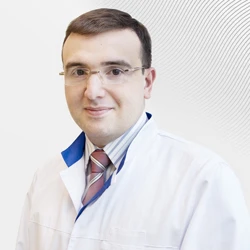
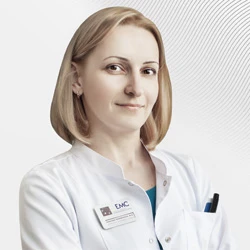
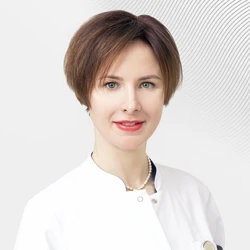
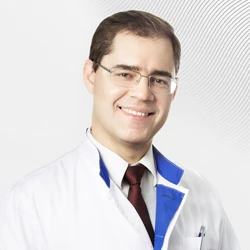
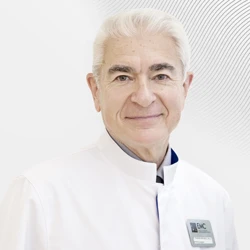
.webp)
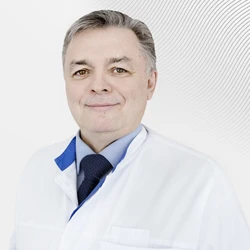
.webp)
.webp)
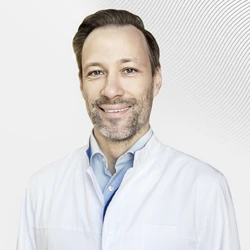
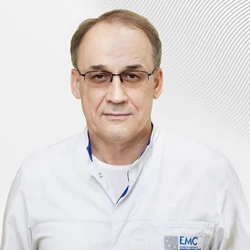
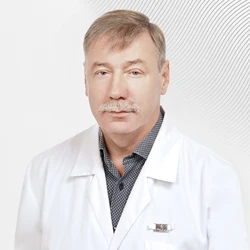
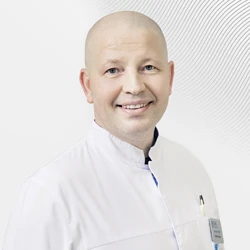
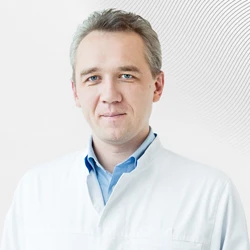
.webp)
